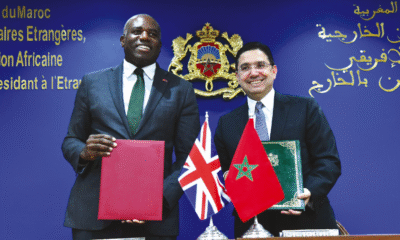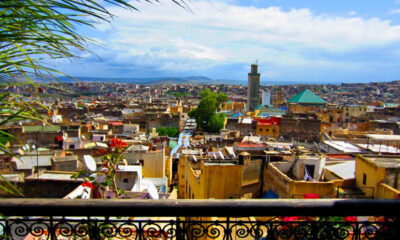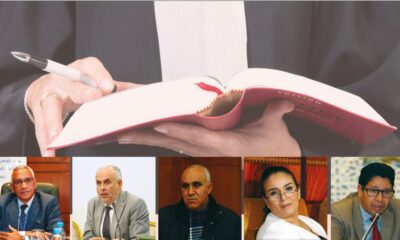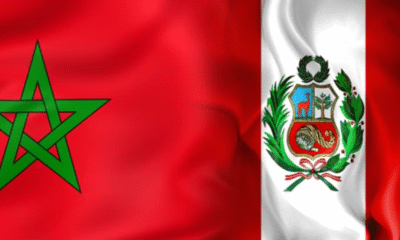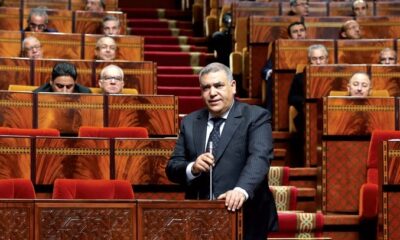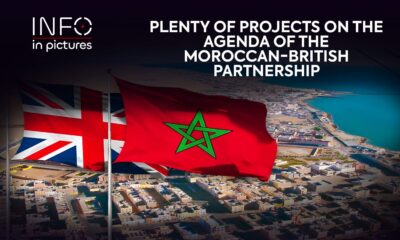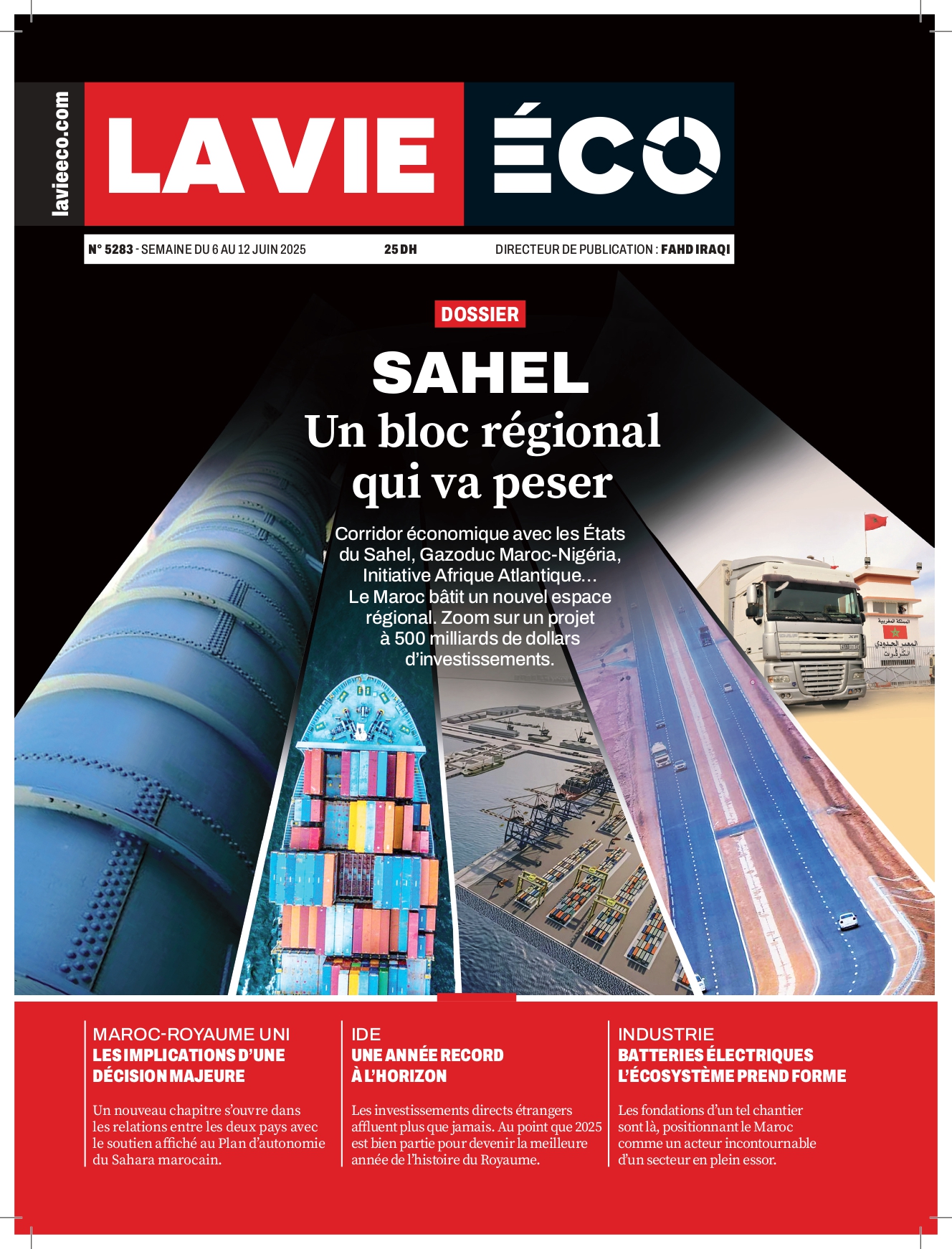Kingdom
Morocco Climbs 15 Spots in the Index of Economic Freedom
With a score of 60.3 in the Heritage Foundation’s 2025 Index of Economic Freedom, Morocco climbs 15 spots and regains its ‘moderately free’ status. Pro-private reforms and monetary stability have been praised.
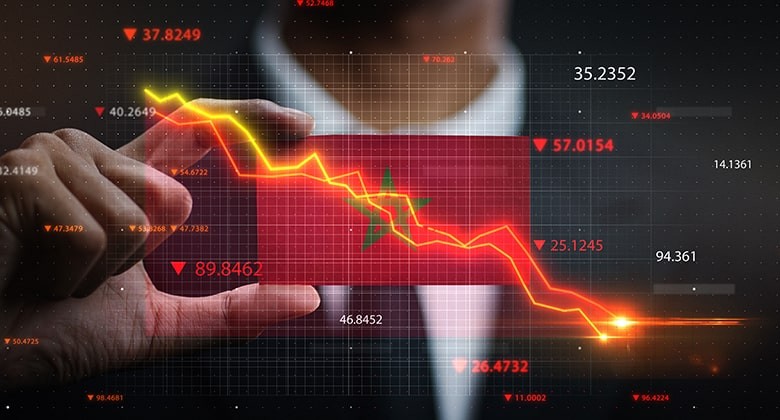
Morocco makes a significant leap in the global economic freedom rankings. According to the 2025 edition of the Index published by the Heritage Foundation, the Kingdom posted a score of 60.3 out of 100, up 3.5 points from 2024. This progress propelled it to 86th place globally, a 15-spot gain, allowing it to re-enter the ‘moderately free’ category (scores of 60–69.9) after three years in the purgatory of ‘mostly unfree’ economies (50–59.9).
Regionally, this performance solidifies Morocco’s leadership in North Africa and places it 6th in Africa, behind Mauritius, Botswana, Cape Verde, Seychelles, and São Tomé and Príncipe. In the Arab world, Morocco also ranks 6th, surpassing Kuwait and trailing Gulf nations.
The Heritage Foundation’s analysis highlights the drivers of this improvement. The Kingdom owes part of its success to reforms boosting private-sector dynamism. Streamlined business creation and registration procedures, praised by the American think tank, have enhanced competitiveness. This is complemented by enviable monetary stability, with controlled inflation—a rare asset amid a global context still marked by post-Covid turbulence and geopolitical tensions. The growing financial sector offers diverse funding options, while the Casablanca Stock Exchange, open to foreign investors without restrictions, strengthens the country’s appeal.
Commercially, Morocco benefits from multiple preferential agreements, particularly with the European Union and the United States. This openness contrasts with the protectionism of some neighbors and positions the Kingdom as a hub between Africa and the West. As a result, in Africa, only Mauritius, Botswana, Cape Verde, Seychelles, and São Tomé and Príncipe outrank Morocco. In the Arab world, it closely trails Gulf heavyweights, even surpassing Kuwait.
However, this encouraging picture should not overshadow persistent challenges. Despite progress, the Heritage Foundation points to lingering weaknesses, starting with labor market rigidity. With a score of 48.5 in ‘labor freedom,’ the Kingdom is weighed down by strict regulations and an informal sector that marginalizes much of the workforce. ‘A barrier to dynamic job creation,’ notes the report—a finding echoed by the World Bank’s October 2024 ‘Business Ready’ program.
Another issue is corruption. Despite some advances, it remains entrenched, plagued by insufficient regulation and a judicial system deemed ineffective. Add to this the high cost of licenses, which, even reduced, continues to deter entrepreneurs. These structural flaws limit growth potential and keep Morocco in an intermediate position, far from continental leaders like Mauritius (19th globally).
In North Africa, Morocco stands as an exception. Egypt (145th), Tunisia (149th), and Algeria (160th) languish in the ‘mostly unfree’ or ‘repressed’ categories, crippled by stifling bureaucracies and undiversified economies. While this regional dominance flatters national pride, it should not create illusions. To reach the next level, Morocco must—as Heritage reminds—tackle deep reforms: loosening labor markets, modernizing the judiciary, curbing corruption, and preserving its gains. Economic freedom is not just about numbers; it is the foundation of lasting prosperity.

